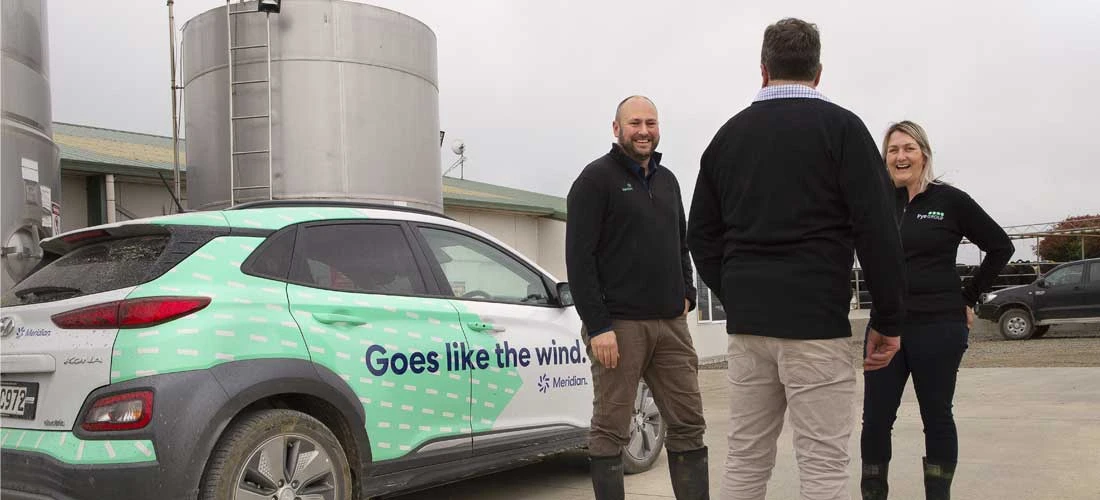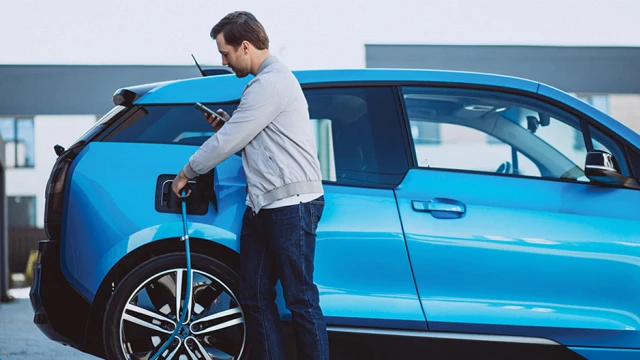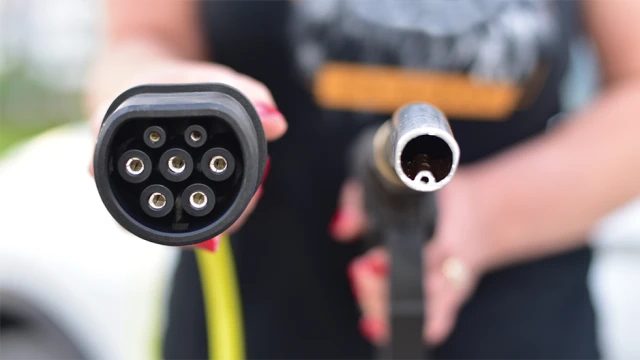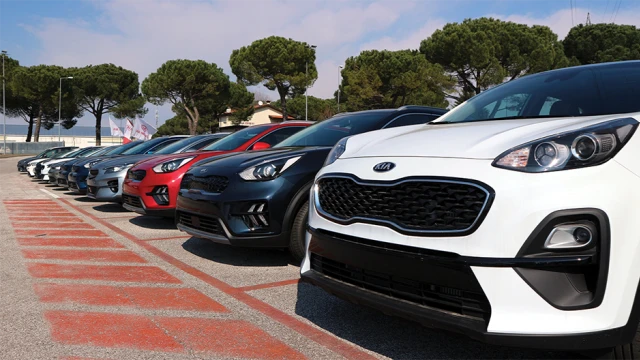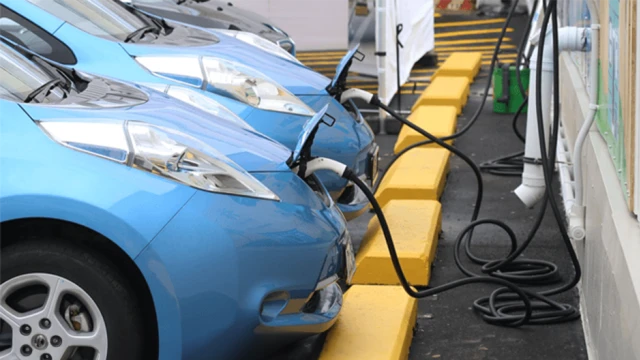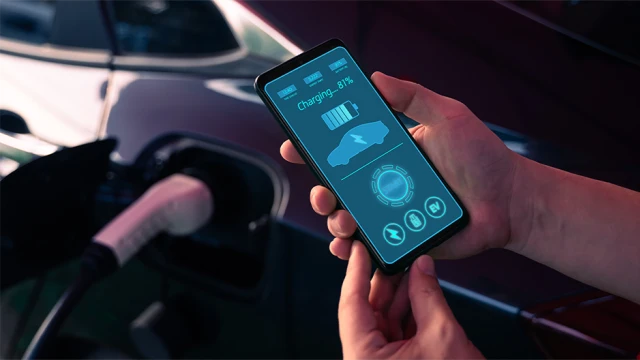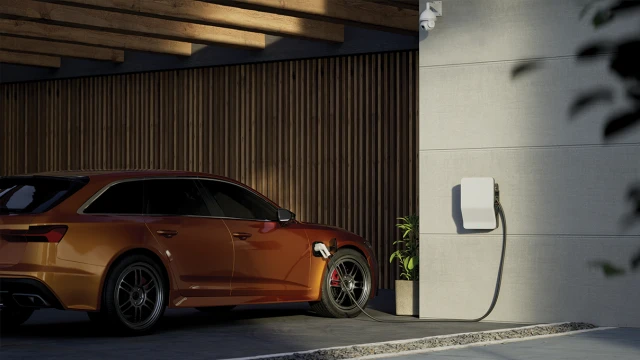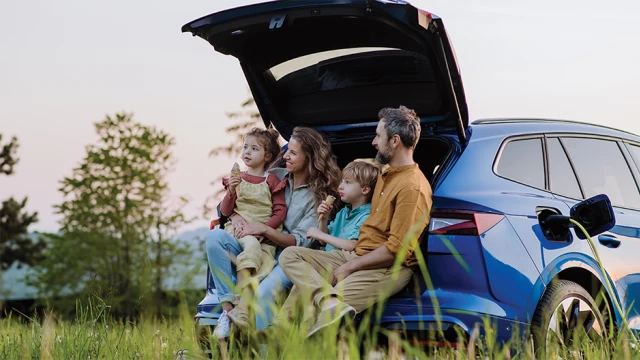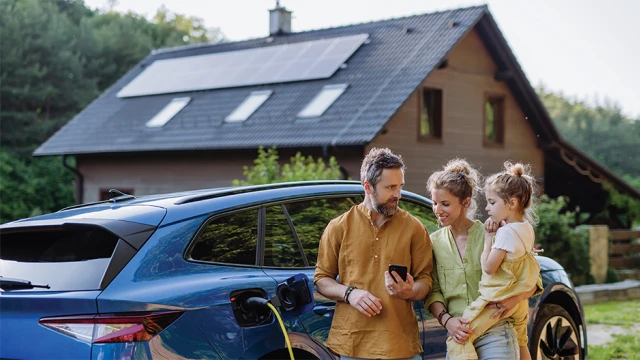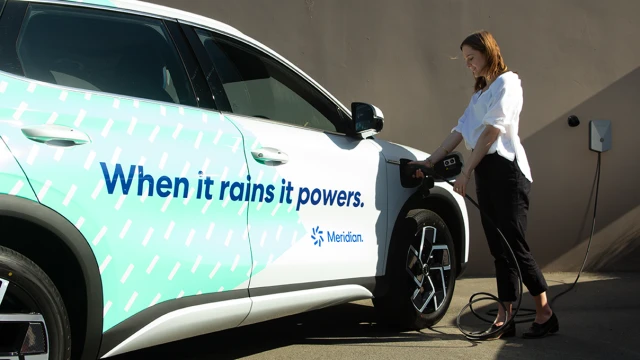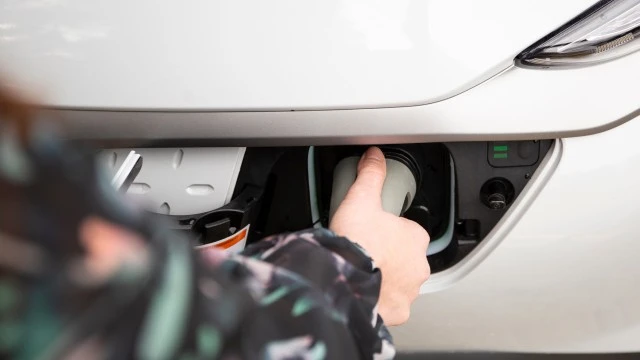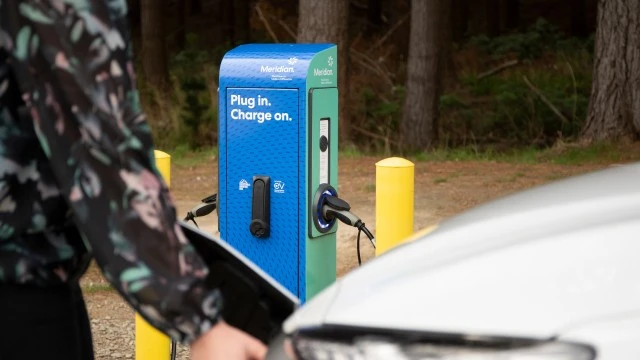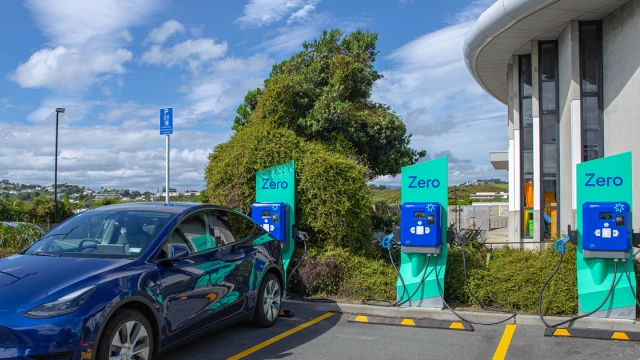Here are some quick tips to get you started.
Usage is different to the city
Typical EV usage in urban areas can be different to usage in a rural setting. Where city driving may be made up of short trips around the city, to school, to work and the shops, driving in the country can mean long distances every day. This can mean range becomes an even more important factor. However, if you’re planning to use the EV on your own farm most of the time, you may find range less of a concern with a charging point close by.
Also consider the road and terrain you’ll be driving on. Any EV that’s going to be farm-ready needs to come with the same features as a typical vehicle - good ground clearance, suspension and traction. Your vehicle will also need the power to tackle hills without issue.
More maintenance could be needed than a city-based
One of the selling points for many people who go for an EV is the reduction in maintenance costs and issues. But in a rural environment with dirt, dust and gravel par for the course, you’ll want to choose an EV that’s designed to protect the components from wear and tear the environment can bring with it.
Know your towing and cargo needs before committing
Electric vehicles are no longer the exclusive domain of the sensible hatchback form factor. Gradually other popular form factors like SUVs are making their way into the New Zealand EV market. Electric utility vehicles are a bit slower in arriving in NZ with only a few options in the market, but as one of our most popular vehicle types, it’s likely we’ll see more EV utes in a country town near you before long.
Regardless of what you opt for, get the specifics around towing and load capacity. EV range is impacted by the load, too, so the more information you can get on typical rural use range, the smarter a decision you can make.
Towing capability has been one of the biggest concerns from the farming community, with tried-and-true diesel vehicles noted for good rough-terrain performance. But modern ‘pickup’ models of EV actually boast impressive power with the future looking even better as competition heats up overseas and at home.
Have your charging strategy sorted
As you can read above in Jamie’s EV experience, charging is an important factor to think about. While EV charging networks like Zero are helping our infrastructure, there still isn’t quite the level of availability when compared to petrol or diesel.
If you’re a recent or potential EV owner, we suggest doing some homework on where the charging points are within your area or on the routes you’ll likely take. While there’s a small bit of admin that’s introduced, the savings can make it well worth it!
Internet connectivity
Electric vehicles typically come with many internet-based features, even relying on connectivity for receiving ‘over the air’ updates to the driving experience itself. Check that your location still allows the vehicle to get these updates. Not having service doesn’t prevent you from enjoying many of the practical benefits of an EV, but it is worth knowing when it comes to ease of updates. Most if not all allow for Wifi updates when you’re in range to your router.
A fantastic option for the eco-conscious farmer
If you’re on a mission to find ways to operate more sustainably as an agribusiness, a capable electric truck or car is ideal. When compared to their petrol or diesel counterparts, the running of an EV puts far less strain on the environment.
Want to really live in the future? If you’re collecting solar energy, you can use some of this to charge an EV, further reducing demand on the grid and traditional energy sources.
